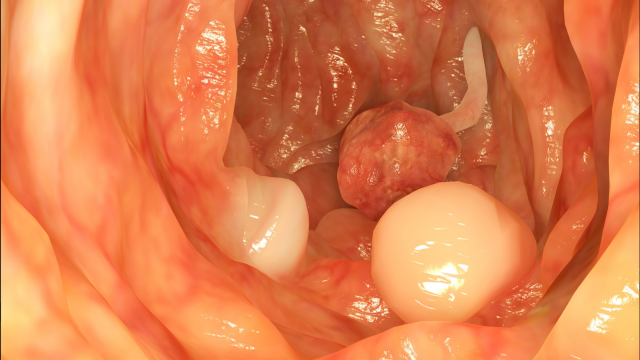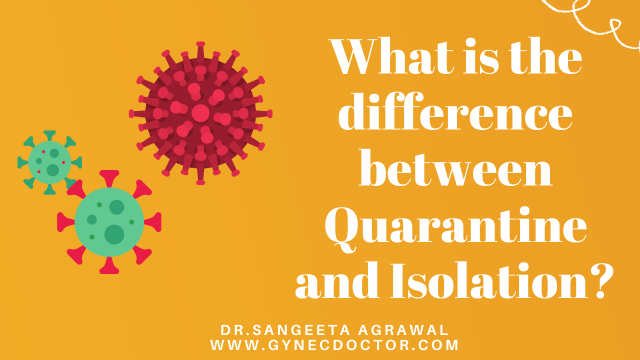An Ectopic Pregnancy is when a pregnancy starts to grow outside the uterus.
Normally the sperm and egg meet in the fallopian tube. When the pregnancy starts to develop then it moves into the uterus to grow and develop. If this does not happen, then it may start to develop outside the uterus as an ectopic pregnancy. It may continue to grow in the tube and is also called tubal pregnancy. Sometimes it can occur even in the ovary or the abdomen. This is extremely rare.
The pregnancy cannot survive outside the uterus. This is an emergency situation. When the pregnancy becomes bigger the tube cannot accommodate and therefore the tube may burst leading to severe pain, fainting, and internal bleeding.
Symptoms of Ectopic Pregnancy
Women may have very varying symptoms. In fact, some may have no symptoms.
- The woman may have missed a period, or else may have irregular spotting or scanty flow at the time of the period.
- She may or may not have pain in the lower abdomen.
- It may have started gradually or may start very suddenly and be accompanied by a fainting episode.
- Sometimes the woman may actually present to the emergency department in a collapsed state.
Any woman who is sexually active can have an ectopic pregnancy.
Nevertheless, there are certain factors that increase the risk of ectopic pregnancy such as
- Age of more than 40 years.
- History of smoking
- History of ectopic pregnancy in the past.
- History of having infections of the tube such as pelvic inflammatory disease or tuberculosis.
- History of surgery on the tube
- Assisted reproductive techniques such as in-vitro fertilization (IVF) or intracytoplasmic sperm injection (ICSI) may increase the chance of an ectopic.
We can diagnose ectopic pregnancy through the patient’s medical history, examination, and some investigations. A positive home pregnancy can confirm that there is a pregnancy. An ultrasound examination can show that the uterine cavity is empty and it may show the presence of a mass on the outside of the uterus. Sometimes serial blood tests for pregnancy hormones may help to establish the diagnosis of an ectopic pregnancy.
Once the diagnosis is done treatment of Ectopic Pregnancy will vary depending on various factors such as:
- General condition i.e. pulse, blood pressure.
- The size of the pregnancy
- Presence of internal bleeding and its quantity.
- The level of the pregnancy hormone
- The findings on the sonography.
- In certain circumstances, when the pregnancy is very early, the level of the hormone is not high, the size is small, and there is no internal bleeding then we can treat the ectopic pregnancy with medication. In these cases follow up is essential to confirm the complete resolution of pregnancy.
Sometimes the medication may fail and surgery may be required. When medication cannot be given, then surgery will be required. The gynecologist may either open the abdomen or may do keyhole surgery. In either case, the pregnancy with the tube is usually removed. In certain situations, the tube may be retained and only the pregnancy will be removed.
If the fallopian tube has ruptured and there is substantial bleeding then emergency surgery is needed to stop the bleeding. This is a lifesaving situation.
It is important to remember that the loss of one tube reduces your fertility only slightly, and the chance of a successful pregnancy in the future is good. The chance of a repeat ectopic pregnancy is about 10 %. Therefore it is advisable to do a scan at 5 to 6 weeks in the next pregnancy to confirm that it is inside the uterus.
If you have missed a period and think you can be pregnant then make an appointment with Dr. Sangeeta.
We will confirm the same and do the necessary tests to confirm that it is in the uterus. If you have an ectopic pregnancy then we can deal with it either with medication or we can do laparoscopic surgery in hospitals with state of art facilities for the same.


















